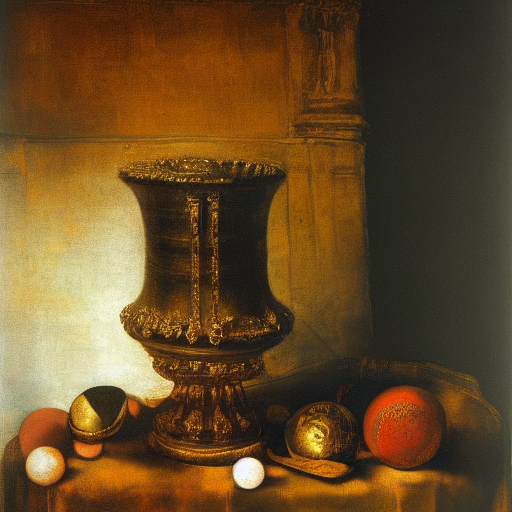
Financial speculation is a different beast compared to personal finance. Though the two subjects feed off each other, speculation is more focused on gaining capital through a combination of deep understanding of financial markets, ability to execute, and large dollops of luck.
A great metaphor for speculation is to imagine pulling colored balls from an urn (the classic probability exercise - the urn represents a shortlist of potential stocks or trades). Each green ball represents a profitable trade, and each red ball represents a losing trade. Now imagine you need to pull 100 balls from this urn, and the first 40 are red. The degree to which you’re comfortable pulling the remaining 60 balls out of the urn will give you an indication of your risk appetite.
The trick to this game, the secret behind the success of famous investors such as Warren Buffett, Peter Lynch, Mohnish Pabrai, Michael Burry, and so on, lies in understanding that, as a player, you can change the urn. To a large extent, you can design the urn creation process (aka as the “stock selection” process) so that urns appear with higher concentrations of green balls. Internalize the fact that the creation process is faulty and it’s near-impossible to specify making urns with only green balls. Sometimes the urn will be small, with only a handful of colored balls inside. Sometimes it will be large, and there will be hundreds of colored balls inside. Your ability to pull out balls quickly and execute on the trade opportunity will determine to a large extent your degree of success in speculation.
In other words, our focus should be to create the best urns possible, so one can keep pulling green balls consistently, taking the urns away when market conditions are not right for speculation. Bringing it home, we should aim to arm ourselves with the information needed to make the best possible market decisions. To play or not to play - that decision is entirely up to us.